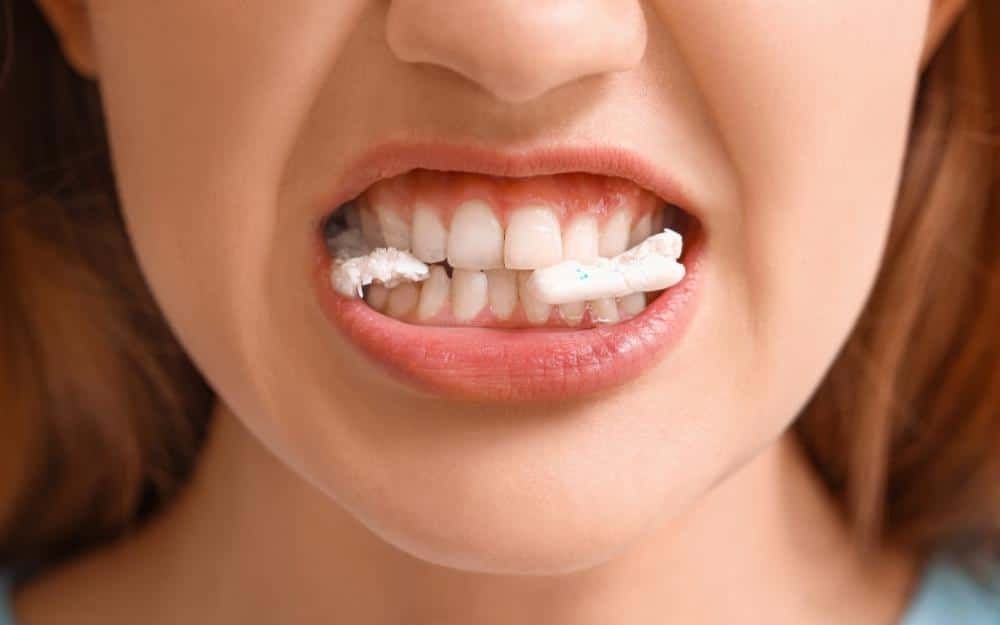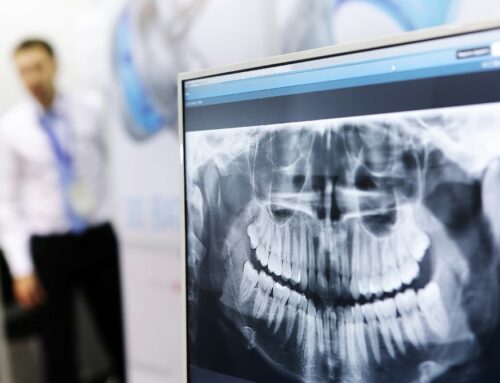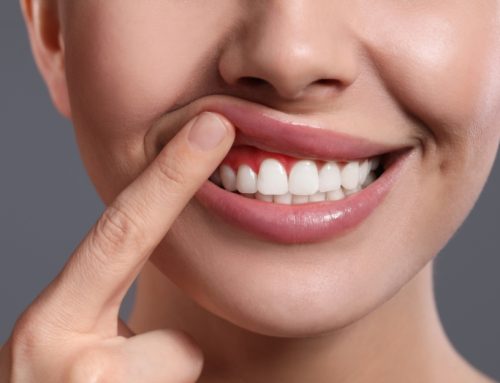Fillings are one of the most common types of restorative dentistry we perform here at Pier Dental Centre.
Dental fillings are often the best way to deal with the damage caused by cavities in the surfaces of the teeth, and they can help to strengthen the tooth where the decay has occurred.
Getting a dental filling, however, is a cure rather than prevention, and we always advise patients to brush and floss their teeth regularly and carefully to avoid cavities.
Reducing Cavities
Reducing cavities in your teeth is one of the main goals of a good dental hygiene routine.
Taking basic dental health steps like brushing your teeth well twice per day, flossing, and eating a balanced, low sugar diet are all key to preventing cavities.
Today, our dental experts are going to talk about chewing gum. Can chewing gum also help to reduce cavities in your teeth? What are some of the potential consequences of chewing gum? What types of gum should you be chewing? This article will help you to better understand the link between chewing gum and overall oral health.
Does Chewing Gum Reduce Cavities?

The answer to this particular question is…it depends.
Chewing gum recreates the feeling of eating and stimulates the mouth into producing more saliva. Saliva is the mouth’s natural defense against bacteria.
One of the main jobs of saliva is to reduce the level of bacteria in the mouth during and after food consumption. These bacteria, if left alone, can cause acidic conditions as it interacts with the sugars in your everyday food and drinks.
Over time, acidity erodes the outer surface of the teeth and begins to cause decay. This decay is what your dentist may refer to as a cavity.
You may notice for some time after you finish a meal or snack, your mouth continues to produce saliva. This is your body’s way of fighting the bacteria that remain in the mouth after eating, thus reducing dental decay and cavities.
So if chewing gum can help to stimulate the production of more saliva for a longer period of time, it has the potential to help you better fight tooth decay.
So far, so good. So why does the answer only ‘depend’?
Well, not all chewing gums are created equally.
Many chewing gums actually contain more sugar, and that goes against what you are trying to do to reduce the bacteria that feed on sugar.
If you are looking for a chewing gum that can help you to reduce cavities in your teeth, make sure to pick a gum that’s sugar-free.
Should I Chew Gum For Better Dental Health
Chewing too much gum for too long can also have other implications for your dental health.
Conditions such as TMJ – a disorder affecting the jaw – can be caused or aggravated further by excessive chewing.
If you start to notice stiffness, tightness or pain in your jaw or up towards your ears, you should stop chewing gum and consult your dentist or make an appointment with us here at Pier Dental Centre today.





